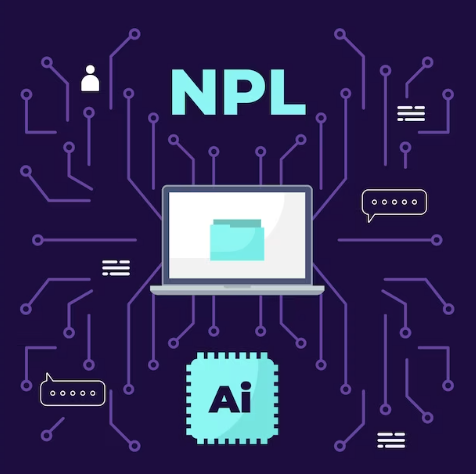The Latest Breakthroughs in Natural Language Processing and AI - Advances in natural language processing

In today's rapidly evolving technological landscape, breakthroughs in the field of Natural Language Processing (NLP) and Artificial Intelligence (AI) are occurring at an unprecedented pace. These advancements are reshaping how we interact with technology and how machines understand and respond to human language. In this article, we will explore the latest breakthroughs in NLP and AI, shedding light on the cutting-edge developments that are poised to revolutionize various industries.
Table of Contents
- Introduction
- The Evolution of NLP
- Transformer Architecture: A Game Changer
- Transfer Learning and Pre-trained Models
- Multimodal NLP: Beyond Text
- Conversational AI and Chatbots
- Ethical Considerations in NLP
- Applications Across Industries
- The Future of NLP and AI
- Conclusion
- FAQs
- FAQ 1: What is NLP, and how does it work?
- FAQ 2: How are NLP and AI transforming healthcare?
- FAQ 3: Are there any limitations to current NLP technology?
- FAQ 4: What role does data privacy play in NLP advancements?
- FAQ 5: Where can I access resources to learn more about NLP and AI?
Introduction
Natural Language Processing, a subset of AI, focuses on enabling computers to understand, interpret, and generate human language. In recent years, the field has witnessed remarkable advancements that have propelled it into the mainstream.
The Evolution of NLP
NLP has come a long way since its inception. It began with rule-based systems and evolved into statistical models. However, the true breakthrough came with the development of the Transformer architecture.
Transformer Architecture: A Game Changer
The Transformer architecture, introduced in 2017, revolutionized NLP. It powers models like BERT and GPT-3, enabling them to handle complex language tasks with unprecedented accuracy.
Transfer Learning and Pre-trained Models
Transfer learning has become a cornerstone of NLP. Pre-trained models, fine-tuned for specific tasks, have reduced the need for massive labeled datasets, making NLP more accessible.
Multimodal NLP: Beyond Text
Advancements in NLP now extend beyond text. Multimodal models can process text, images, and audio, opening up new possibilities in fields like computer vision and speech recognition.
Conversational AI and Chatbots
Conversational AI has seen tremendous growth, leading to the creation of highly sophisticated chatbots. These chatbots provide real-time responses and improve customer service across industries.
Ethical Considerations in NLP
As NLP becomes more powerful, ethical concerns arise. Bias in language models and data privacy issues demand careful consideration and mitigation strategies.
Applications Across Industries
NLP and AI have found applications in healthcare, finance, customer service, and more. They assist in diagnosis, data analysis, and improving user experiences.
The Future of NLP and AI
The future holds exciting prospects for NLP and AI. Advancements in human-AI collaboration, explainable AI, and even more versatile models are on the horizon.
Conclusion
In conclusion, the latest breakthroughs in NLP and AI are reshaping our world. These technologies are not only improving efficiency but also raising ethical questions that must be addressed.
FAQs
FAQ 1: What is NLP, and how does it work?
NLP, or Natural Language Processing, is a branch of artificial intelligence that focuses on enabling computers to understand, interpret, and generate human language. It works through the use of algorithms and machine learning techniques.
FAQ 2: How are NLP and AI transforming healthcare?
NLP and AI are transforming healthcare by aiding in diagnostics, drug discovery, and patient care. They can analyze medical records, extract valuable insights, and assist in personalized treatment plans.
FAQ 3: Are there any limitations to current NLP technology?
Yes, there are limitations, including bias in language models, the need for large datasets, and challenges in understanding context and nuance in human language.
FAQ 4: What role does data privacy play in NLP advancements?
Data privacy is a significant concern in NLP advancements. As these technologies handle sensitive information, safeguarding data and ensuring compliance with privacy regulations are crucial.
FAQ 5: Where can I access resources to learn more about NLP and AI?
You can access a wealth of resources online, including courses, tutorials, and research papers, to learn more about NLP and AI. Many universities and online platforms offer comprehensive courses on these topics.
This article has provided an overview of the latest breakthroughs in Natural Language Processing and Artificial Intelligence. As technology continues to advance, it is essential to stay informed about these developments and their implications across various domains.


